In the ongoing transformation of agriculture, technology plays a key role in helping farmers use water more efficiently. Among the tools making a noticeable difference is the Agricultural Self-Priming Pump, which has become a practical solution for modern irrigation needs. As weather patterns shift and water conservation becomes more urgent, the demand for reliable and efficient irrigation systems continues to grow. This change is driving attention toward versatile pumping solutions that meet the needs of a variety of landscapes and crops.
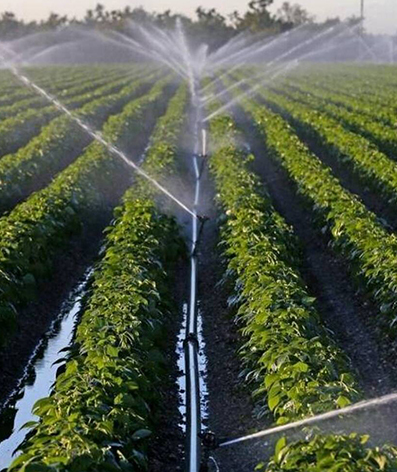
One of the primary advantages of the Agricultural Self-Priming Pump is its ability to operate without the need for manual priming. In remote or large-scale farming environments, reducing the time and labor associated with setup and maintenance can significantly improve productivity. These pumps are designed to remove air from the suction line automatically, which allows them to start pumping water faster than traditional systems. This feature is especially beneficial when drawing water from open sources such as canals, rivers, or storage tanks.
The presence of a centrifugal water pump for sale that incorporates self-priming capability offers farmers a practical balance of performance and simplicity. Unlike complex pump setups that require skilled technicians, these models can often be managed with basic training. As a result, they support broader access to effective irrigation tools, especially in developing agricultural regions where technical support may be limited.
Modern farming also demands adaptability. An Agricultural Self-Priming Pump fits this requirement by supporting various irrigation methods, from drip to sprinkler systems. Its dependable flow rate and consistent pressure make it suitable for different field sizes and crop types. By supporting a wide range of irrigation needs, these pumps help farmers respond more flexibly to environmental changes or crop rotation schedules.
In the current market, there is a noticeable increase in listings for centrifugal water pumps for sale that are tailored for agricultural applications. These pumps typically feature corrosion-resistant materials and are built for long-term use in challenging environments. Their construction allows them to handle varying water quality levels, including sources with some sediment or organic matter. This durability reduces maintenance frequency and helps maintain stable irrigation performance throughout the growing season.
The Agricultural Self-Priming Pump also plays a role in promoting energy efficiency. Because it starts and stops more smoothly, it avoids unnecessary energy spikes that can occur with more manual systems. When paired with solar or generator-based power sources, this type of pump contributes to sustainable farming practices, especially in areas where grid electricity is inconsistent or unavailable.
Access to a reliable centrifugal water pump for sale also helps small- and mid-sized farms reduce dependence on older, inefficient pump systems. Many of these newer pumps are designed for ease of integration, meaning they can replace outdated models with small system changes. This kind of upgrade enables farms to modernize without significant financial or technical hurdles.
Over time, the integration of tools like the Agricultural Self-Priming Pump will continue to shape smarter agricultural practices. These pumps not only offer consistent irrigation but also support better resource planning and water conservation. As the agriculture industry evolves, adopting equipment that aligns with both productivity and sustainability goals is key.
In summary, the growing availability of centrifugal water pumps for sale options and the practical benefits of Agricultural Self-Priming Pump technology are helping farmers create more efficient and responsive irrigation systems. By embracing these advancements, agriculture is taking important steps toward meeting future food production demands while caring for natural resources.

 English
English русский
русский Español
Español
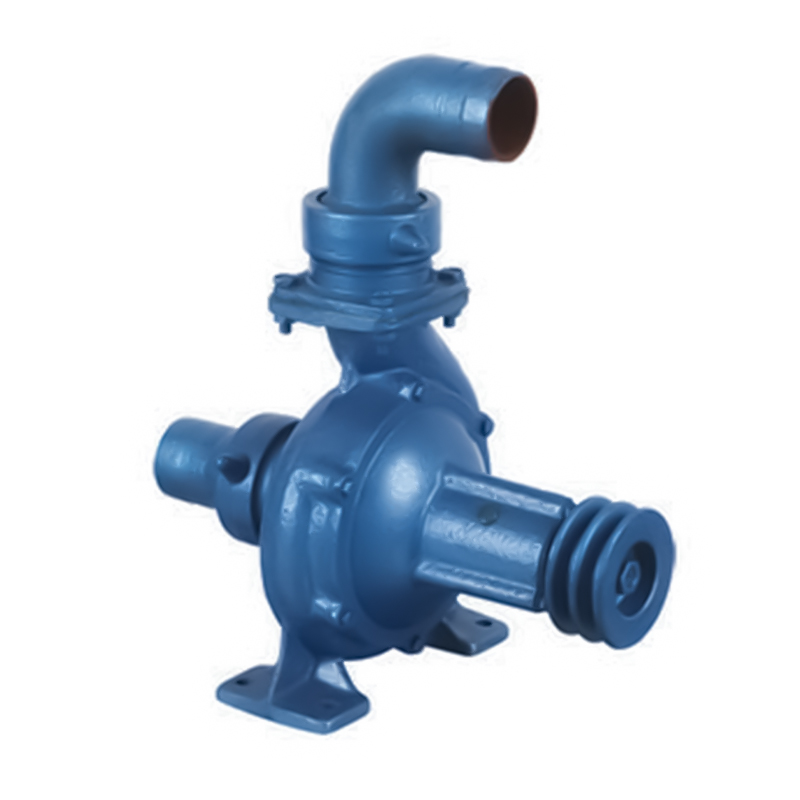
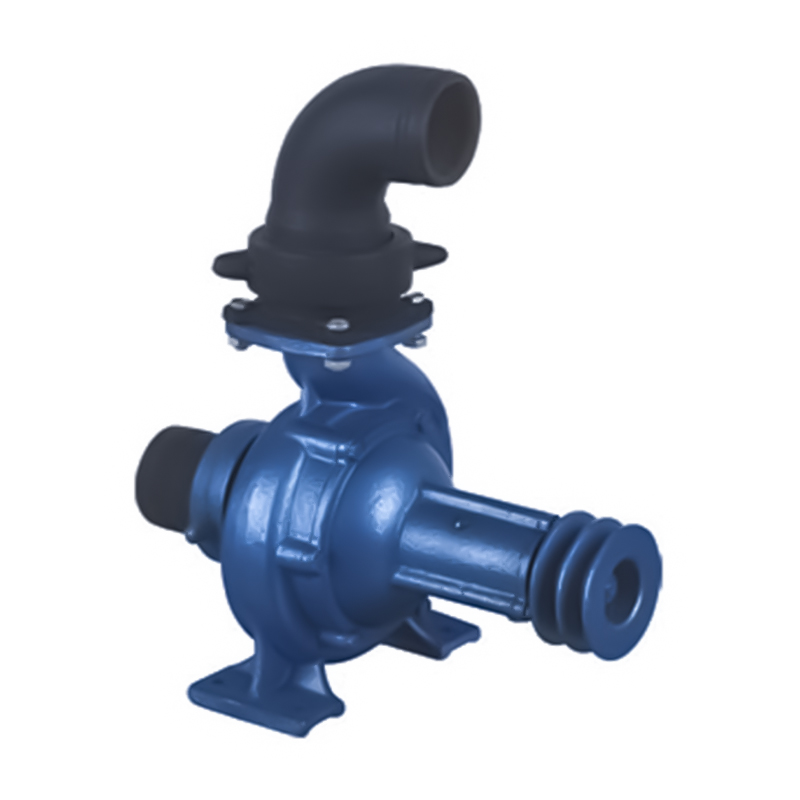

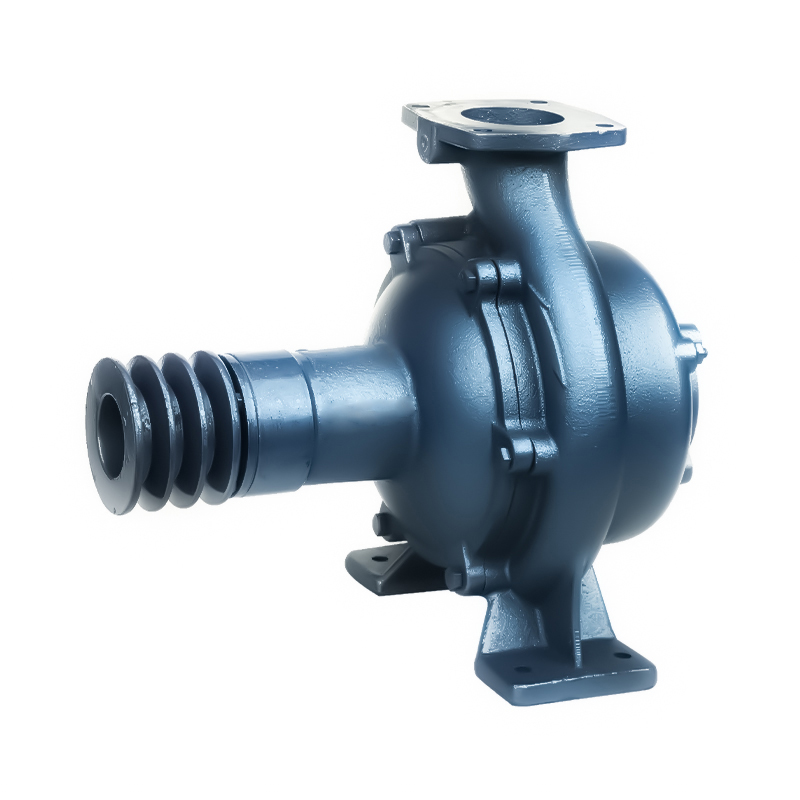
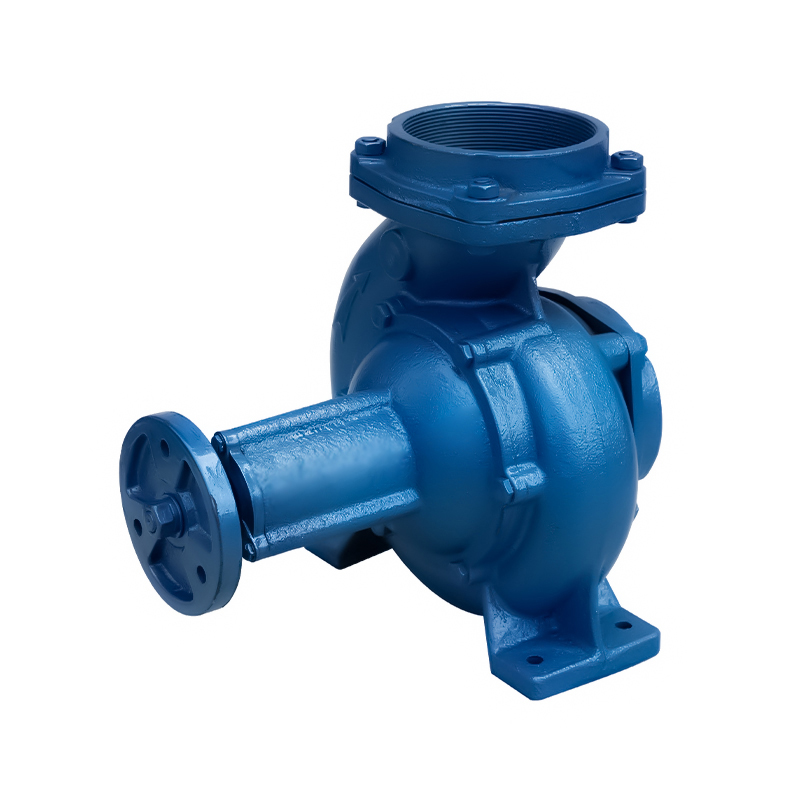
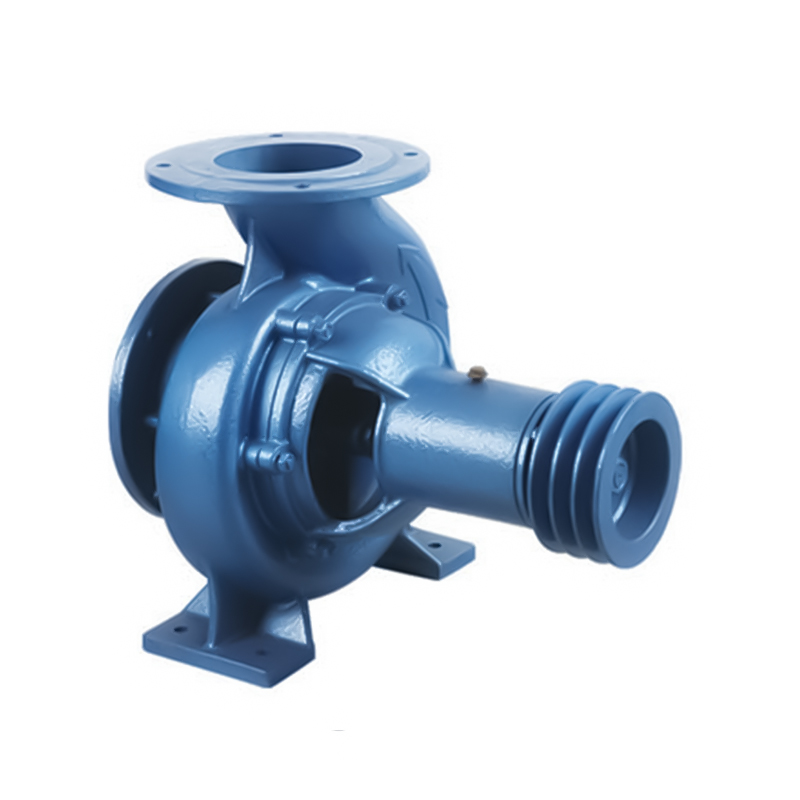
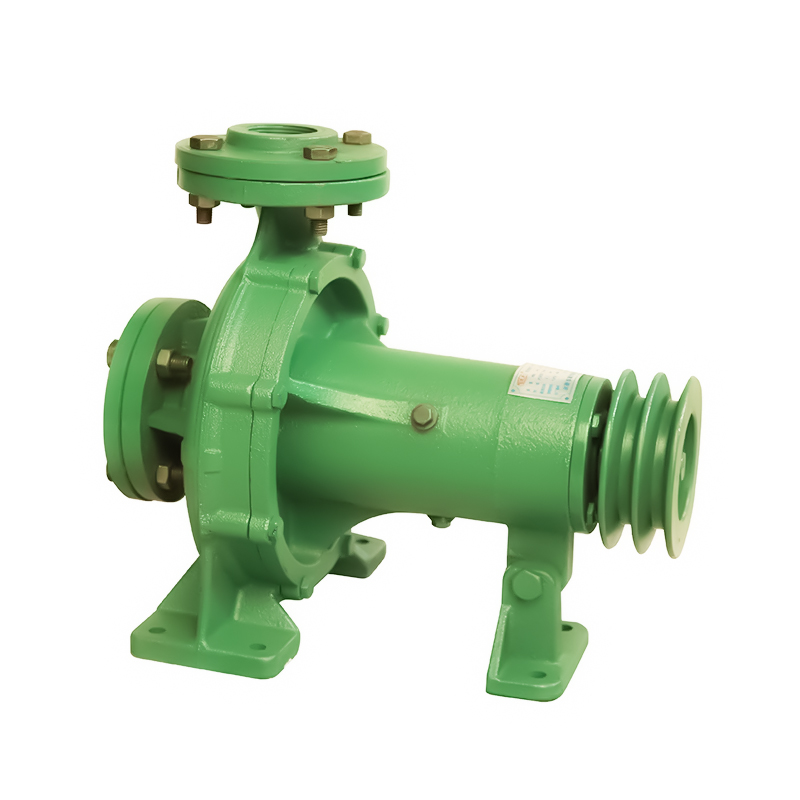

 Email:
Email:
 Phone:+86-13605899207
Phone:+86-13605899207

